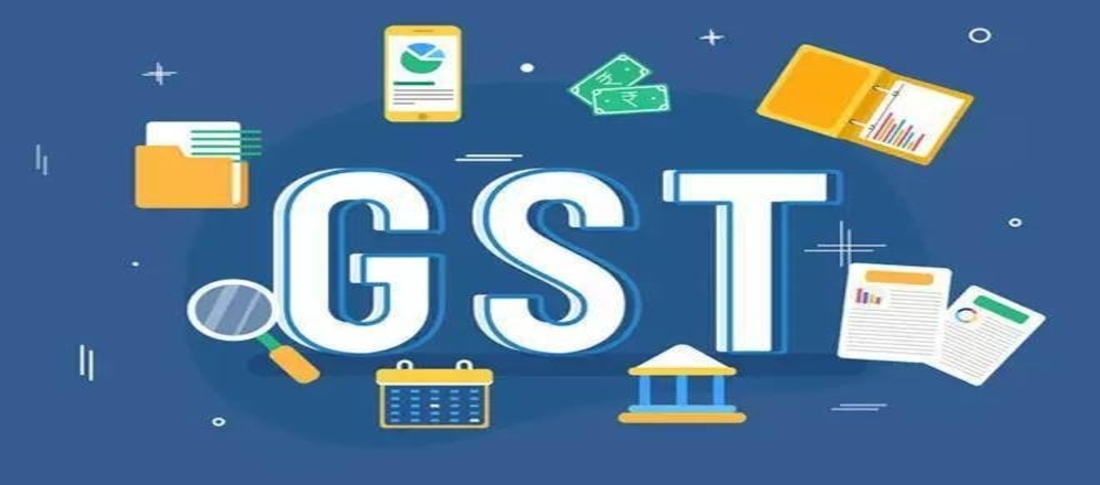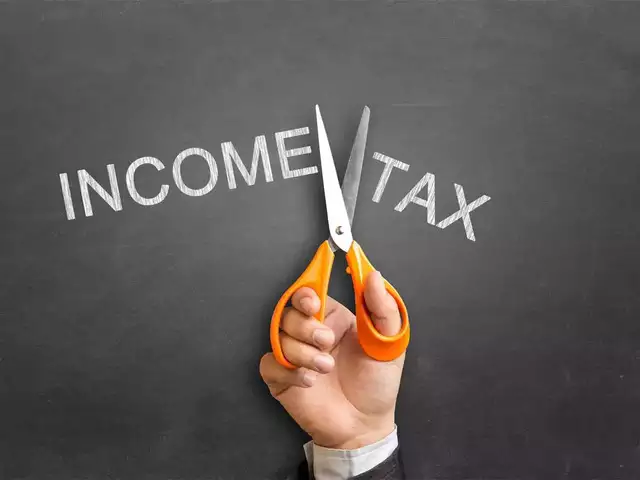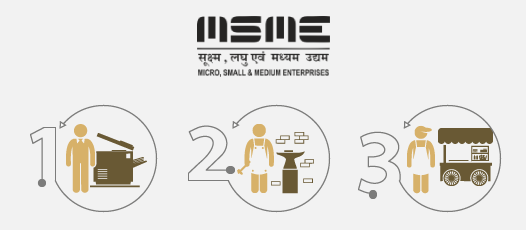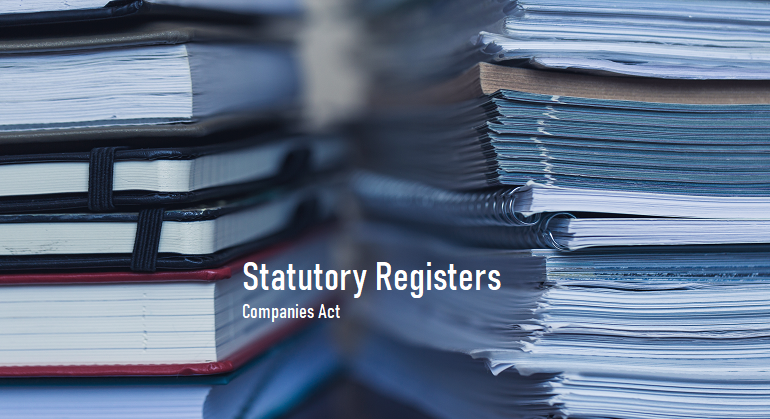Who is required to register for GST?
GST was launched on 1st July, 2017, by the Government of India (GoI) and it applies to all Indian service providers including freelancers, traders as well as manufacturers. The GST is actually a single tax which has amalgamated various taxes like service tax, CST, excise duty and the state taxes such as the entertainment tax, luxury tax, octroi and VAT.
In India, all businesses having sale of goods with an annual turnover of Rs 40 lakhs, or service with an annual turnover of Rs 20 lakhs have to mandatorily be registered for GST and have a valid GST number.
Each and every product goes through multiple stages all along the supply chain, be it purchasing raw materials, manufacturing, sale to the wholesaler, selling to the retailer and then finally the sale to the consumer. GST is levied on all the stages. So, if a product is produced in Assam, but is consumed in Rajasthan, the entire revenue will be received by Rajasthan. Additionally, consumers/taxpayers with an annual turnover of less than Rs. 1.5 crore can choose a composition scheme and start paying GST at a fixed rate of turnover, doing away with all the hassles of GST.
In certain cases, GST registration is mandatory irrespective of their turnover:
- Casual taxable person / Input Service Distributor (ISD)
- Non-resident taxable person
- Inter-state supplier of goods and services
- Supplier of goods through an e-commerce portal
- Any service provider
- Liable to pay tax under the reverse charge mechanism
- TDS/TCS deductor
- Online data access or retrieval service provider
So yes, all taxpayers having GST registration should file GST returns on the 10th, 15th and 20th of each month. Even if there was no business activity or transaction during a month, the taxpayer must still log in to the GST portal and file NIL GST return to avoid penalty.
Components of GST:
GST has 3 components:
- Central Component – Central Goods and Services Tax (CGST)
- State Component – State Goods and Services Tax (SGTC), where centre and state levy GST on all entities if the transaction occurs in the state.
- Inter State Component – Integrated Goods and Services Tax (IGST), charged by the centre when a transaction happens between two states.
Types of GST in India
- CGST : Central Goods and Service Tax
- SGST : State Goods and Service Tax
- IGST : Integrated Goods and Services Tax
In India, the Dual GST Model was implemented where simultaneous taxes is levied by both Central government and State government on the supplies that are taxable and occurs within a State or Union Territory. For inter-state supply of goods or services, GST gets levied by the Central Government however even in such intra-state transactions the tax gets distributed equally between state and central government.
These three types of GST are levied based on the aspect of inter-state and intra-state transactions. While CGST and SGST are levied on Intra-state transactions, IGST is levied on Inter-state transactions.
|
IGST (Integrated Goods and Service Tax) |
CGST (Central Goods and Service Tax) |
SGST/UTGST (State/Union Territory Goods and Service Tax) |
|
|
Tax Levied By |
Central Government, on Inter-State supplies of Goods and/or services |
Central Government, on Intra-State supplies of Goods and/or services |
State/Union Territory Government, on Intra-State supplies of Goods and/or services |
|
Taxes amalganated |
Central sales tax (CST) |
Service tax, excise duty, countervailing duty (CVD), special additional duty (SAD), Additional duties of excise(ADE), and any other indirect central levy |
VAT, sales tax, luxury tax, entry tax ,entertainment tax, purchase tax, Octroi, taxes on lottery |
|
Applicable to |
Interstate supplies and import |
Supplies within a state |
Supplies within a state |
|
Input Tax Credit |
Against CGST, SGST and IGST |
Against CGST and IGST |
Against SGST/UTGST and IGST |
|
Sharing of Taxes |
Shared between state and central governments |
Central government |
State/ union territory government |
|
Free Supplies |
IGST is applicable on free supplies |
CGST is applicable on free supplies |
SGST and UTGST is applicable on free supplies |











